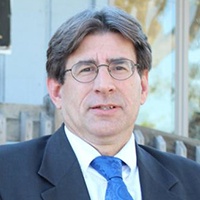Morrice Criminal Lawyer, Michigan
Sponsored Law Firm
-
 x
x

Click For More Info:
-
Timothy L. Hensick & Associates, P.C.
528 West Grand River Avenue Howell, MI 48843» view mapAccident & Injury Law Dedicated. Professional. Diligent.
My practice has been built on long hours of hard work, by dedicating myself to properly handling cases for clients, & by listening carefully to my clients.
800-970-6510
Donald J. Baranski
✓ VERIFIEDDonald J. Baranski received his Bachelor of Arts in Humanities Pre Law, from Michigan State University. This was a triple major of American History, P... (more)
Richard L. Williams
✓ VERIFIEDAttorney Richard L. Williams provides legal services for driver’s license restoration, expungement of criminal records, domestic assault, civil infr... (more)
Timothy L. Hensick
✓ VERIFIEDTimothy Hensick is a practicing lawyer in the state of Michigan. Mr. Hensick received his J.D. from the Tomas M. Cooley Law School.
 Timothy L. Hensick Howell, MI
Timothy L. Hensick Howell, MI Practice AreasExpertise
Practice AreasExpertise



